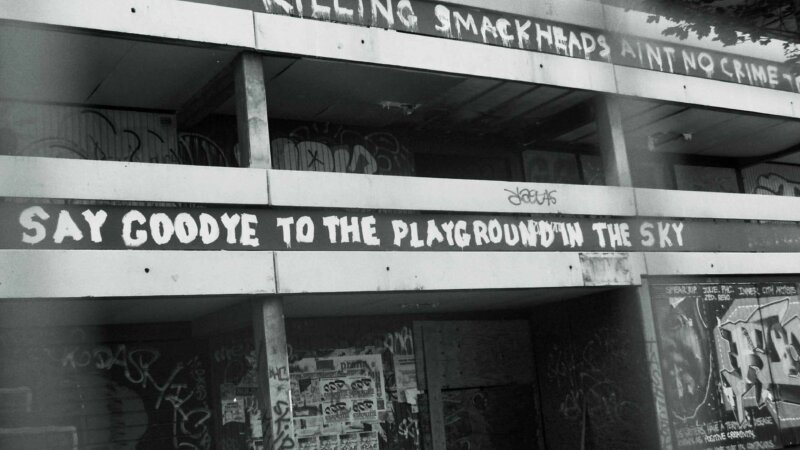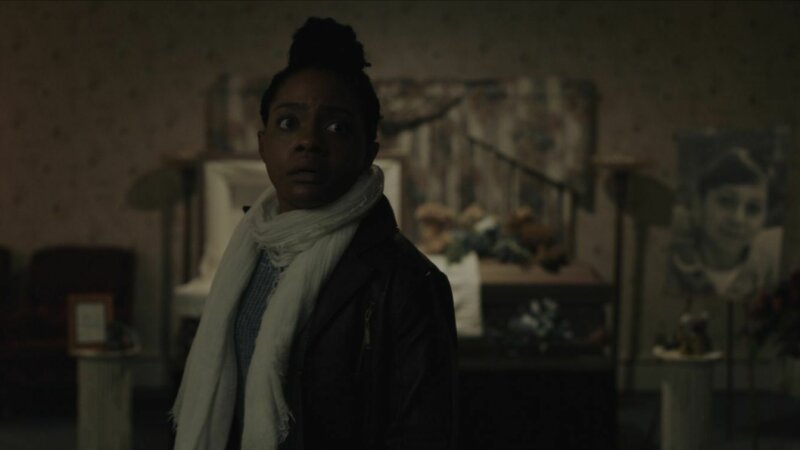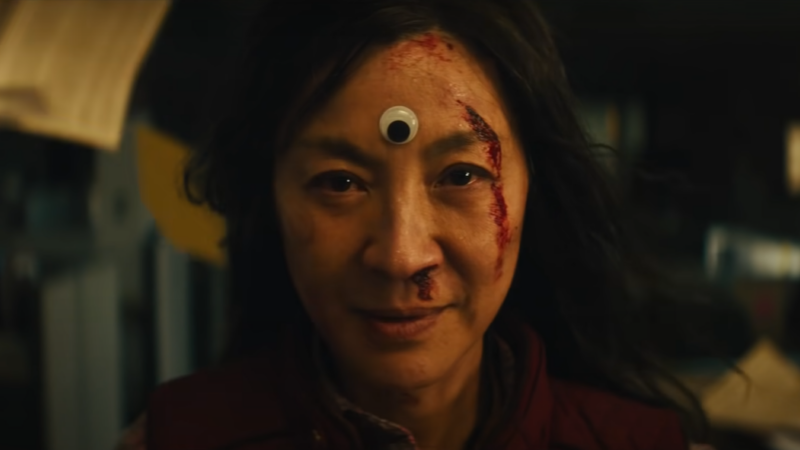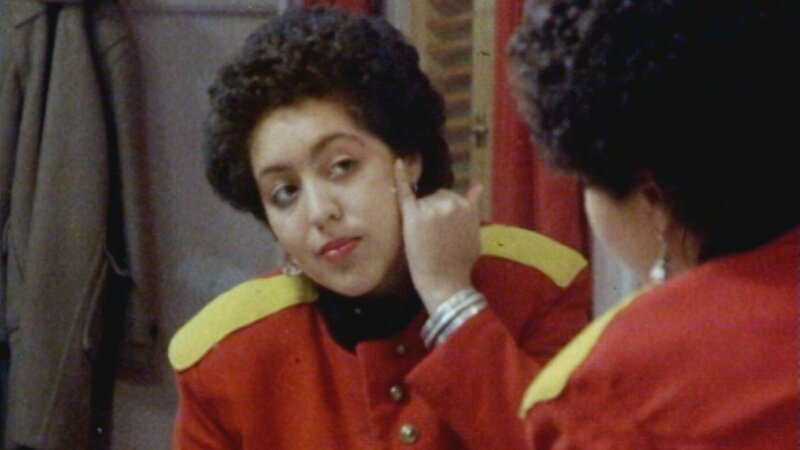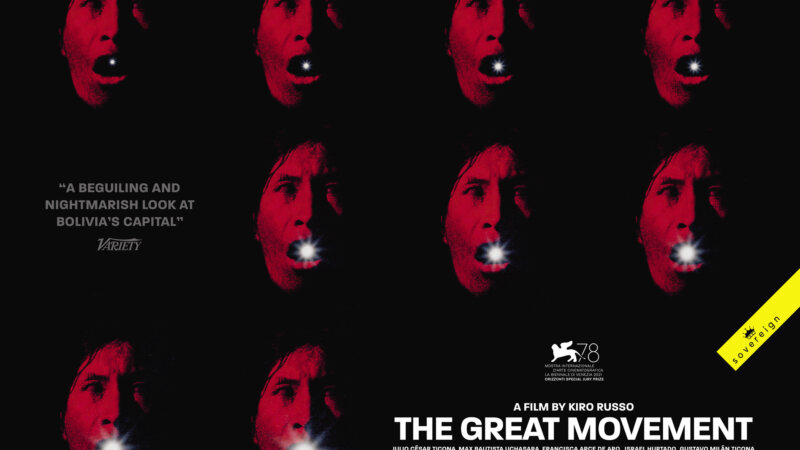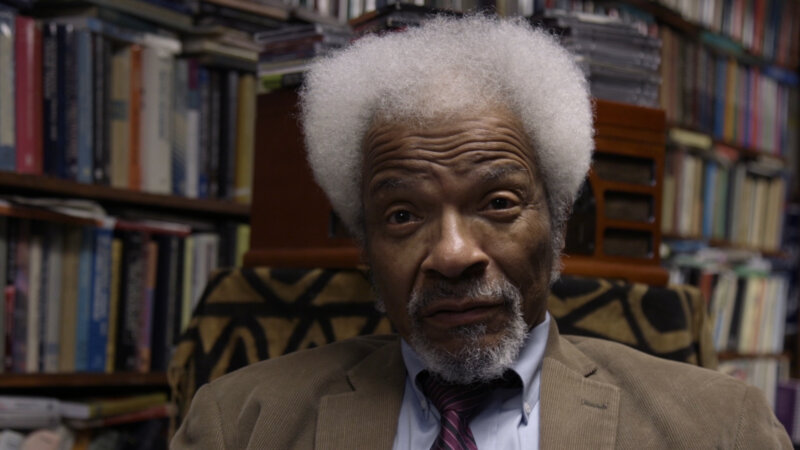Grimmfest 2017
Horror can manifest in many ways and through many forms. Be it through an incident of university campus rape, the breakdown of a relationship, the genocide of Native Americans during the War of Independence, or the suicide of a parent suffering from mental illness, elements of horror can become unique to an individual or group, and its distress and anxiety can be represented in extreme ways, through the supernatural, the mythical and fantastical, and ultra-violence. This is why George Romero’s zombie films are apt commentary pieces on contemporary societal issues of the times they are set in, and a host of work has been written on the gender politics of slasher films.
Now in its ninth year, Grimmfest offered a rich programme which explores some of these themes through the broad genre of horror. The festival still retained much of its previous structure, with a weekend packed full of film screenings, live Q&As and a hub space in which audiences and guests can bond over their love of all things horror.
The opening night saw the premiere of Habit (2017), which is directed by one of the festival’s directors, Simeon Halligan, and is particularly special as it is set in Manchester. The film centres on Michael (Elliot James Langridge), a young man who has experienced some form of trauma as a child. He struggles to deal with the aftermaths of that trauma, as well as the daily grind of finding a job to meet his basic living needs. After meeting Lee (Jessica Barden) outside one of the remaining Job Centres in Manchester, he is introduced to the underworld of the city, filled with prostitution, organised crime and something much darker.
The back alleys of the Northern Quarter provide most of the film’s backdrop, and the smoky and colourful cinematography of the area at night is both familiar and magical. We recognise the bars and clubs, but now with a particular fantastical quality.
The film also attracts some great performances, particularly from rising star Jessica Barden, as the ostensibly innocent Lee. With its local setting, it is refreshing to hear northern, and more specifically Mancunian, accents in a cinematic context. Thematically, the film subtly tackles issues of mental health, and in some ways life in austerity Britain, as brothel owner Ian persistently insists to Michael that he is now “one of the family”, and “they all look after each other”. During the Q&A session, even the director mentioned that there is a touch of a Ken Loach tone within the film, particularly at the beginning.
Aside from Habit, there are other British films featuring strongly on this year’s programme. Double Date (2017), a horror comedy, follows Jim (Danny Morgan) as he tries to lose his virginity on the night before his 30th birthday. With his best friend Alex (Michael Socha), the pair meets sisters Kitty (Kelly Wenham) and Lulu (Georgia Groome) and attempts to charm them enough to achieve Jim’s goal, unbeknown to them that the sisters also have their own deadlier agenda. Through good character development and performances by the main leads, Double Date commands a degree of investment from its viewer. The atmospheric soundtrack, provided by cult band GOAT, adds a classic horror quality to the film, as it has remnants of soundtracks from 1970s Giallo films, which director Benjamin Barfoot acknowledged as an influence to his work during the post-screening Q&A session.
Contrasting in style and tone to Double Date, Borley Rectory (2017) is a mixed-medium documentary which explores the supernatural accounts that allegedly took place at the “most haunted house in Britain”. Director Ashley Thorpe innovatively uses a combination of traditional filmmaking techniques, rotoscoping, digital animation and compositing, to create an eerie and haunting mise-en-scène throughout. During the post-screening Q&A, Thorpe detailed the production of the film, through storyboarding the film in its entirety, constructing sets using photographs, the importance of sound design and its animation process. This insight into the intricacies of this particular filmmaking journey undoubtedly attracts more admiration and appreciation for the film itself.
Beyond these shores, Fake Blood (2017) is an interesting Canadian documentary by filmmakers and friends Rob Grant and Mike Kovac. After receiving a disturbing fan video inspired by Mon Ami (2012), the duo’s previous film, Grant and Kovac ponder on whether filmmakers have a responsibility to depict violence realistically and accurately, and explore the relationship between real life violence and film violence. The pair offers their own experiences and perspectives, as well as holding interviews with actors, directors, and perpetrators of real life violence. As the line between real life and filmmaking becomes blurred, when they begin to tip their balance of interest towards real acts of violence, the film becomes either absurdly silly or incredibly chilling, dependent on whether the viewers’ belief of the events are factual or fictional. This ambiguity is further played upon by Grant during the post-screening Q&A, as he asserts that there is enough real material in the film, whilst acknowledging the element of entertainment within film as a medium.
Although fronted by new-wave French horror directors Alexandre Bustillo and Julien Maury, perhaps the most prominent film on the programme is also from across the Atlantic, in the form of American production Leatherface (2017). Acting as a prequel to the genre classic Texas Chainsaw Massacre (1974), Leatherface provides the origin story to its chainsaw wielding namesake. The film does little experimentally, instead treads carefully within the conventions of the genre. Although it is interesting to gain an insight (albeit a predictable one) into the traumas and makings of one of the horror’s most iconic characters, the film offers little beyond this.
For me, the standout film of the festival is M.F.A. (2017), a rape-revenge film relevant for the present moment. Tired of the both systematic and societal treatment of victims of rape on an American university campus, Master of Fine Arts (hence the title) student Noelle decides to take things into her own hands. With an excellent performance by Francesca Eastwood, the central character transforms from a shy arts student, whose work lacks emotional depth as told by peers, into a passionate serial killer.
The film ubiquitously critiques acts of sexual harassment and rape, particularly within the frat cultural context, and never entertains the possible ambiguous pretexts to these incidents, which is often dominated by discourses around consent and the ways in which girls and women ‘should’ behave. However, through its portrayal of its various victims and the different ways in which trauma is dealt, the film offers a broader view into the aftermaths of such horrific events, and the complexities of dealing with that pain.
Grimmfest 2017 took place from 5-8 October at Vue Printworks. In addition to the annual festival, Grimmfest also hosts regular screenings and events throughout the year.
grimmfest.com

